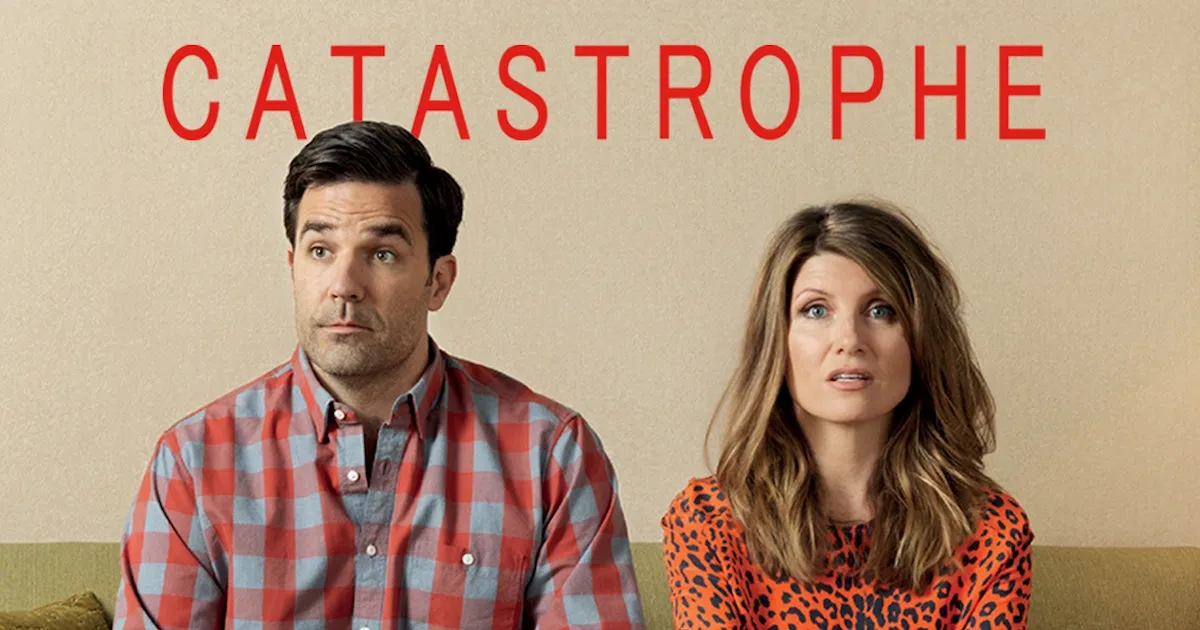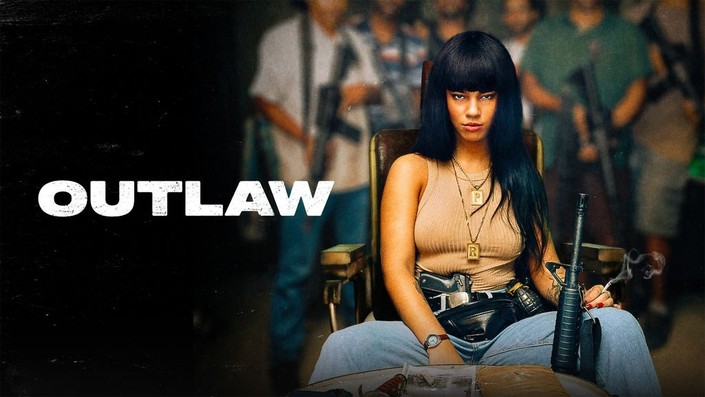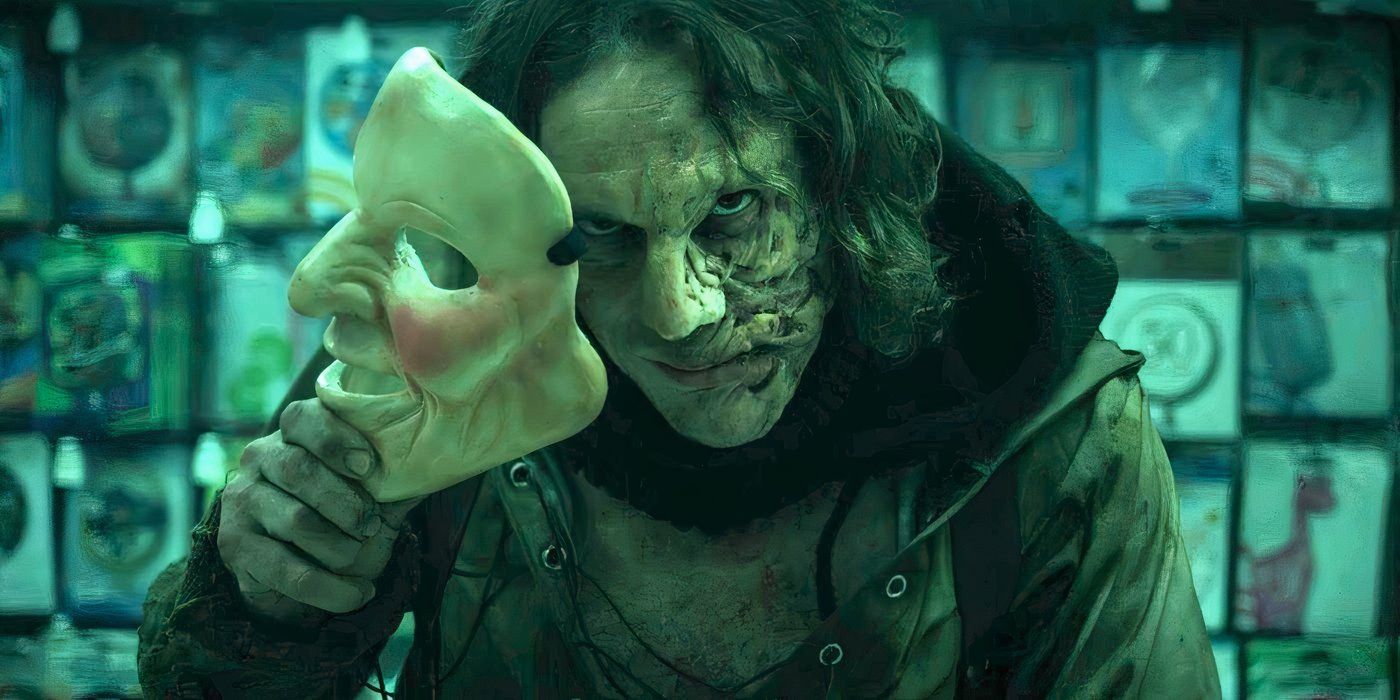A Dystopian Battle for Survival and Rebellion
The Hunger Games, based on the bestselling novel by Suzanne Collins, is a gripping dystopian thriller that blends intense action, social commentary, and emotional depth. Set in the bleak future world of Panem, the story follows Katniss Everdeen, a teenager from District 12 who volunteers to take her sister’s place in the annual Hunger Games — a brutal televised fight to the death among 24 young tributes, forced to kill or be killed for the entertainment of the Capitol.
Jennifer Lawrence brings fierce vulnerability to the role of Katniss, a reluctant hero shaped by poverty, loss, and a deep sense of justice. As she navigates the deadly arena alongside fellow tribute Peeta Mellark, played with quiet sincerity by Josh Hutcherson, Katniss must decide how far she’s willing to go to survive without losing her humanity.
Visually striking and emotionally intense, the film captures both the grandeur of the Capitol and the stark oppression of the outer districts. The contrast highlights the film’s central theme — the divide between those in power and the powerless. Behind the high-tech gameshow lies a society held together by fear, spectacle, and control. Through Katniss’s defiance and refusal to play by the rules, The Hunger Games becomes more than a survival story. It becomes a symbol of resistance.
Directed by Gary Ross, the first film in the franchise balances action and emotion, building a world that feels chillingly possible. From shaky camera work in the arena to grand costuming at the Capitol, every detail enhances the oppressive tone and raw energy of Katniss’s journey.
The Hunger Games is a modern classic of young adult fiction adapted into a cinematic experience that challenges viewers to question authority, inequality, and the cost of freedom. It’s not just a story about survival — it’s about what it means to stand up when the world demands silence.



